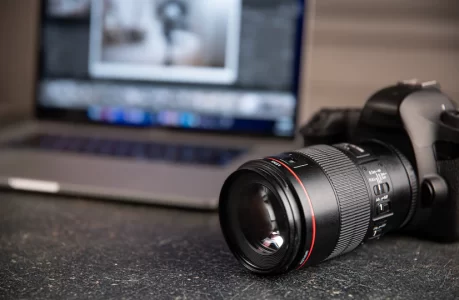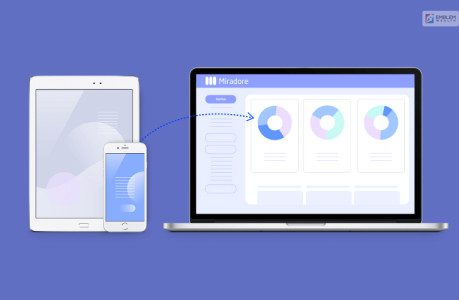Best Practices For Maintaining And Repairing Your Lab Equipment

Keeping your laboratory equipment clean and functional is essential. Without them, you won’t be able to conduct your experiments or get accurate results.
Unfortunately, many lab personnel often forget or overlook the basics of lab equipment safety and training, which can be dangerous.
A survey showed that 27% of lab workers never conducted any kind of risk assessment before proceeding with their lab equipment.
So, if you want to ensure that your lab has a safe and healthy environment, here are some essential practices to keep your equipment in proper working conditions.
1. Go Through The Manual
Even before you start conducting experiments or readings on your lab equipment, it’s important to go through the manual and read everything it says. Or at least sift through the basics.
Yes, going through the instruction manual might be boring, but this will ultimately help you in the long run.
Even if the equipment is old and the manual is nowhere nearby, look up the model online and see what information you can get.
This way, if something goes wrong, you will know exactly how to fix the issue without having to call customer support repeatedly.
Read Also: What Is Medical Malpractice Insurance, And Why Is It Necessary For Healthcare Professionals?
2. Clean It Regularly
Every scientific equipment requires regular cleaning. While some need to be cleaned daily, others can be cleaned every week or month, depending on how frequently they are used and how.
Lab cleanliness is one of the easiest ways to ensure that your equipment works well for a longer period of time.
Carry out a daily wipe of the exteriors of every piece of equipment, irrespective of whether you’ll be using them that day or not.
Next, conduct a weekly deep clean of the equipment you’ve used the most, and then consider outsourcing the cleaning of difficult equipment to a professional.
Lab cleanliness, including proper storage and organization of equipment in laboratory cabinets, is one of the easiest ways to ensure that your equipment works well for a longer period of time.
3. Get Familiar With The Instruments
The only way to familiarize yourself with the different lab instruments is to train yourself first, and then teach others.
However, don’t train alone, especially if you’re handling sensitive equipment like ultracentrifuge or electron microscopes. Instead, ask a trained professional to teach you first, and then you can practice your hands on it.
After you’re confident that you’ll be able to operate the instrument on your own, it’s time to teach someone else, perhaps a new member of the lab. This will not only help the other person to learn but will also sharpen your skills.
4. Calibrate Them Regularly
Along with regular cleaning, regular calibration is also necessary. If you don’t do it, you can face a lack of accuracy in your data, which will further hamper your next readings.
And if you often use hazardous chemicals in your lab, it’s all the more reason to calibrate your instruments.
First, take inventory of your equipment and check which ones require immediate inspection. Then, you can go for basic preventive maintenance or ensure a more advanced calibration version.
You may even refer to the user manual to understand the standard calibration points for each instrument.
5. Repair The Damaged Instrument
No matter how well you handle your lab equipment, they’re bound to undergo wear and tear. But instead of discarding them completely, you should first take a look and see if some parts can be replaced or repaired.
This will save you a lot of cost and money. In addition, for particularly larger equipment like incubation or autoclave instruments, you’ll realize that the defect was limited to only one or a few parts.
Due to the nature of the items, some parts can get damaged more quickly than others. But if you regularly inspect your instruments, you can prevent them from burning out.
6. Maintain A Logbook
While this isn’t directly related to maintaining your equipment, keeping a logbook will help you understand who uses the instrument and how frequently.
This way, if you see that a particular piece of equipment is damaged, you can understand who might have mishandled it.
You’ll also receive a firsthand account of how well the equipment is running, giving you enough time to figure out whether it needs an upgrade or repair.
Logbooks can be either electronic or handwritten, but nowadays, most are digitally stored.
Over To You…
These are a few of the many basic practices that you should maintain in your lab. If you and your team handle all the instruments carefully and clean them, they will be in their optimum condition for many years.
Read Also:


























Leave A Reply